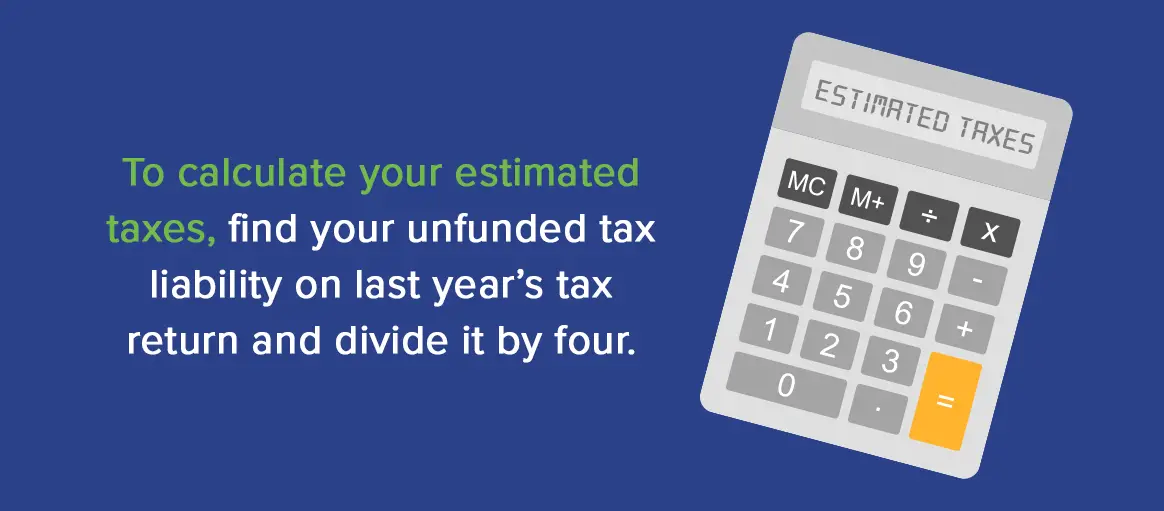Freelancing is becoming a major industry as more and more people work from home. In recent times, due to the pandemic, there’s been a spike in workers who’ve had to become their own boss and market their business services as independent contractors.
However, we saw a spike in freelancers in the years before coronavirus hit due, in part, to the attractive, alternative lifestyle it offers. You have total control over your schedule, with flexible hours that you can work from home, set on your terms. To many, the opportunity to be your own boss and set your own price rate is far more enticing than a standard 9-5 job.
But, with more control comes more responsibility. As a freelancer, you’re tasked with handing your own employment taxes since you’ll no longer have an employer to file on your behalf. If you fail to keep up with your taxes, you could find yourself owing a large sum of money to the government without sufficient savings to settle your debt. And unfortunately, this happens all too often for individuals that are just getting started with their own freelancing or side business the first time around.
Whether you’re just launching your freelance career or trying to make up for lost time, here’s the run down on how to pay taxes so your business can stay afloat.
Understand Tax Basics
As a freelancer, you may have many skills—copywriting, video editing, web development, and so on—but you may not know about how taxation works. The most important thing to note, is that if you work as an independent contractor in the United States and earn at least $400 or more in a given year, you are required to file taxes to the Internal Revenue Service.
The tax bracket you fall into will depend on how much you make. If you made money last year freelancing, you’ll need to submit estimated quarterly tax payments based on your previous earnings. And don’t take this responsibility lightly, as the estimated tax penalty can cost you hundreds of dollars if you fail to do so.

Keep Track of Tax Expense on Daily Basis
Here’s another crucial tip: save every invoice, but more importantly, every business-related receipt. Need a new laptop? Had to purchase a specific software program? Write it all down and add it all up. When it comes to filing your income tax return, you’ll be able to deduct the total amount from your earnings, which may in turn drop you into a lower tax bracket.
Keep in mind, however, only qualified business expenses count, so you might have a hard time justifying how that Xbox relates to work. And, should the IRS ever issue an audit out of suspicion, you’ll need proof to back up each claim—not only for this year, but up to seven years ago. If you have a hard time keeping track of paperwork, consider investing in a document scanner that can save all your information over the cloud.
Research Tax Deductions and Credits
Business expenses (including travel costs, vehicle use, and internet bills) are just one example of a deduction that you can claim to lower your taxable income. There are many more ways you may be able to find tax relief, including payments health insurance and student loan interest.
Tax credits are different in that they reduce your final tax bill dollar for dollar. You might be able to qualify for these too, so do your research to save all the money you can.

Don’t Hide Your Income
You might be tempted to conceal your earnings from the IRS, but it’s against your interest to do so. The people who hire you might record your payments for their own tax purposes by filing Form 1099. That means the government will know what you made, and if you report a number that doesn’t add up with their calculations, you could face serious consequences from tax evasion or fraud.
In the end, even if you personally aren’t reporting all of your income and costs, the business or brand on the oppposite side of the transacation probably is. So in short, don’t cut corners and be sure to pay all of your owed taxes and don’t try to cheat the system.
Hire a Tax Accountant
If all of this sounds like a lot, you’re not alone. It can be quite a headache to stay on top of your freelance taxes, which is why many people turn to professional help. There are many online platforms you can use to stay organized, but you can also hire an accountant to file on your behalf.
Another thing to consider is that you don’t need to hire a local accountant. Thanks to the power of the internet, you can hire an accounting company or financial advisor anywhere in the world, while still running your freelancing business from home.
The Business of Working for Yourself as a Freelancer and Managing Finances
As with most entrepreneurs and individuals working with side jobs to make some extra money, the process of managing your finances may soon become a big part of your job as well. However, it sure beats having to work for someone else!
The good news is, there are plenty of tools and resources out there to help you along the way. Whether it’s invoicing software, making payments and paying yourself online, or even paying your taxes early or on a quarterly basis, it’s now all easier and more accessible than ever before.
Keep these points in mind to stay out of hot water with the IRS and your odds of running a successful freelance career will be much greater!


Leave a Reply